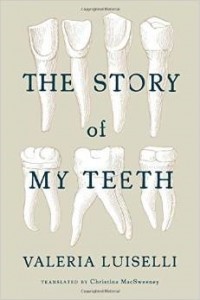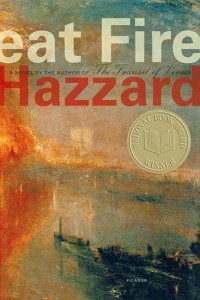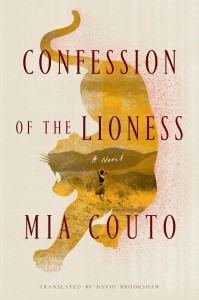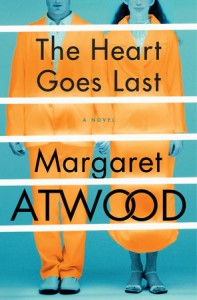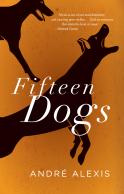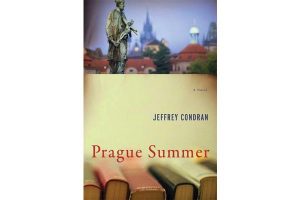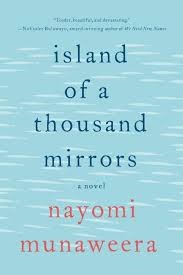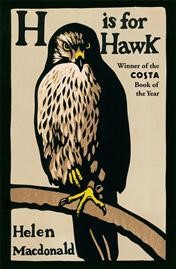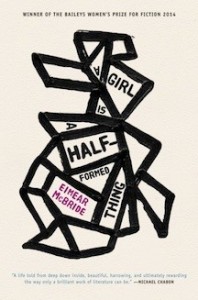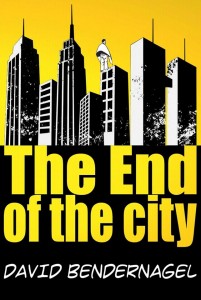184 pp, $16.95
Reviewed by Leland Cheuk
In Valeria Luiselli’s first novel Faces In The Crowd, a promiscuous, melancholy mother loses herself so thoroughly while translating the work of a Mexican poet named Gilberto Owen that her narration slowly becomes that of the equally promiscuous, swashbuckling poet. In Luiselli’s funny new picaresque The Story of My Teeth, Gustavo “Highway” Sánchez Sánchez picks up where Owen left off. He too is a charismatic raconteur whose first-person narration simultaneously charms and cuckolds. Highway not-so-humbly describes himself as “the best auctioneer in the world.” He collects all kinds of objects, including the teeth of the famous. He claims to be wearing Marilyn Monroe’s choppers. He’s got a serious case of Napoleon Complex because he attributes many of his unusual aphorisms to Napoleon (I doubt the French emperor ever said “it wasn’t all velvet petals and marshmallow clouds”). As an auctioneer, Highway spins elliptical, impressionistic love letters about the objects he’s trying to sell. About Plato’s teeth, he says:
Our first lot is a piece in a somewhat deteriorated state…Significant flattening of the point leads to the supposition that the original owner, Mr. Plato, talked and ate continuously…Mr. Plato once made a comparison between the period of dentition and a man falling in love: “In this state, the soul enters into effervescence and irritation; and this soul, whose wings are just beginning to develop, can be compared to a child whose gums are inflamed and enervated by its first teeth.”
![[PANK]](https://pankmagazine.com/wp-content/themes/pank/assets/images/pank-logo-large.png)

